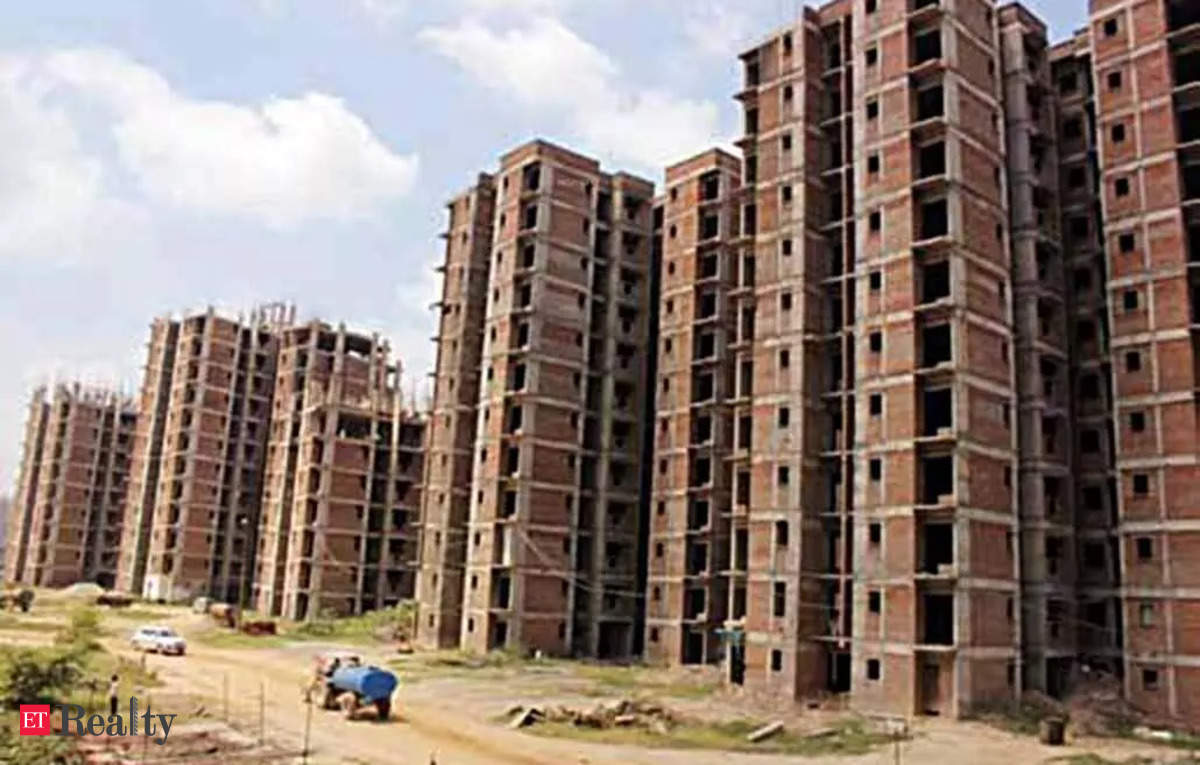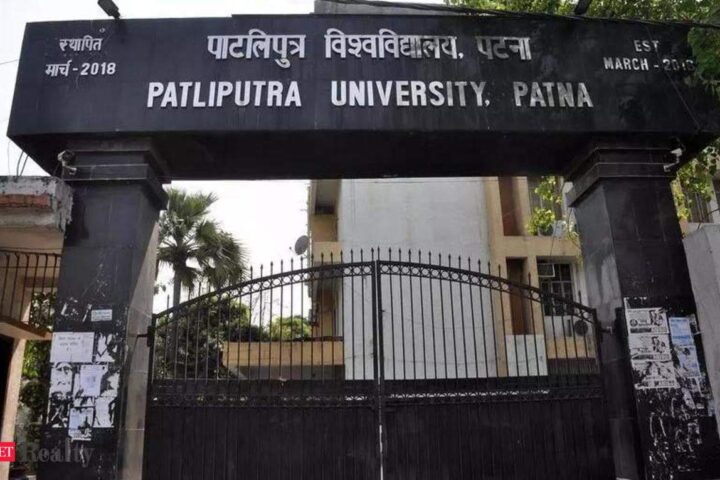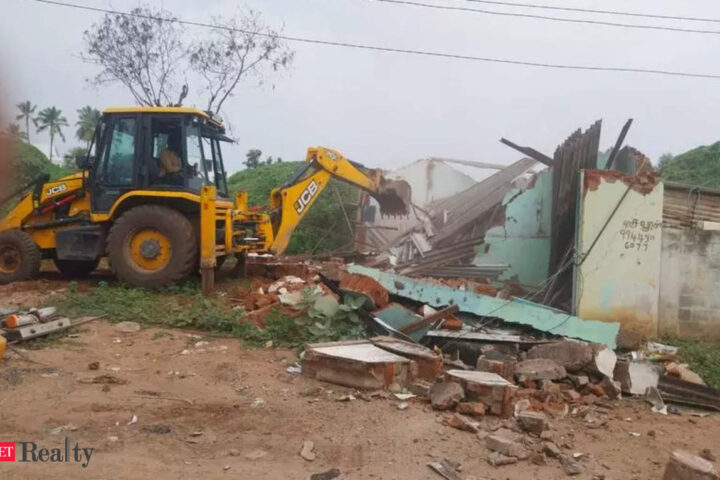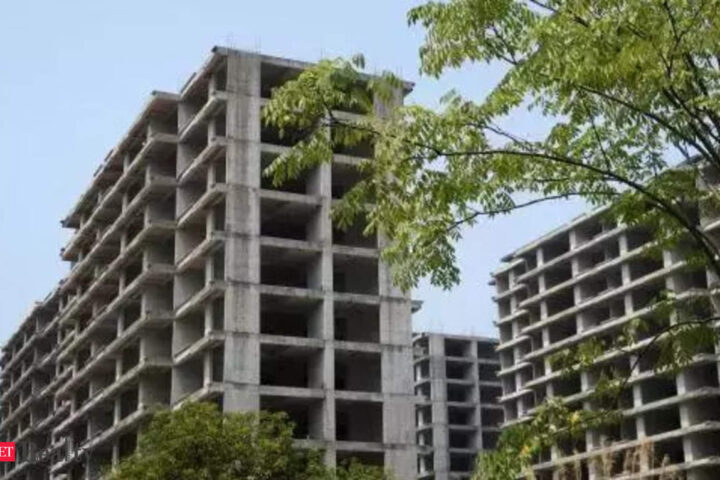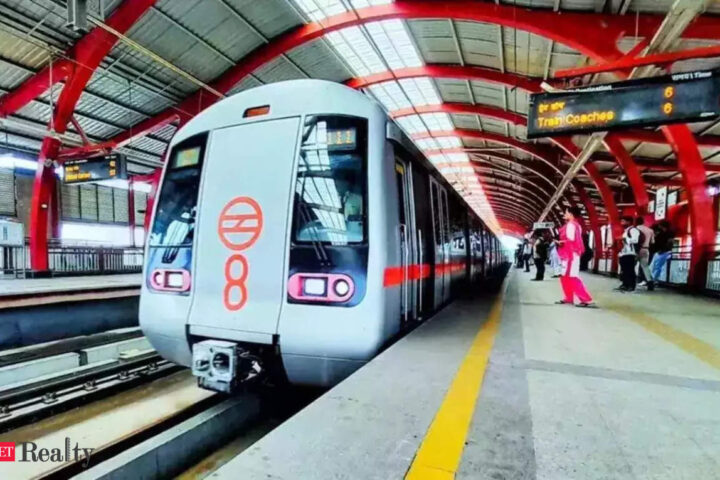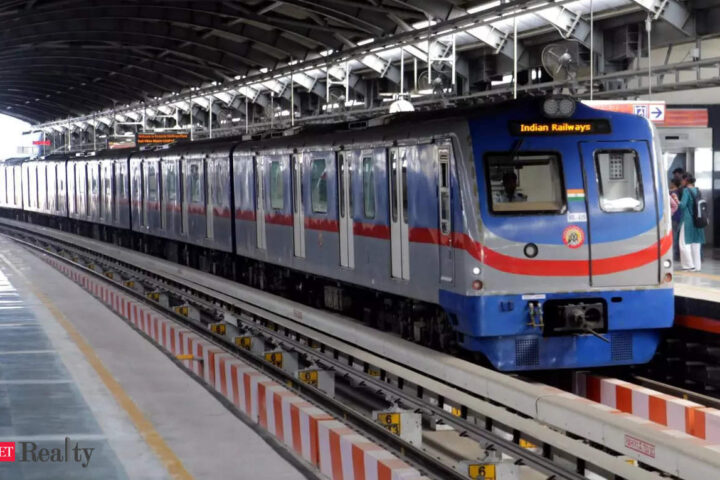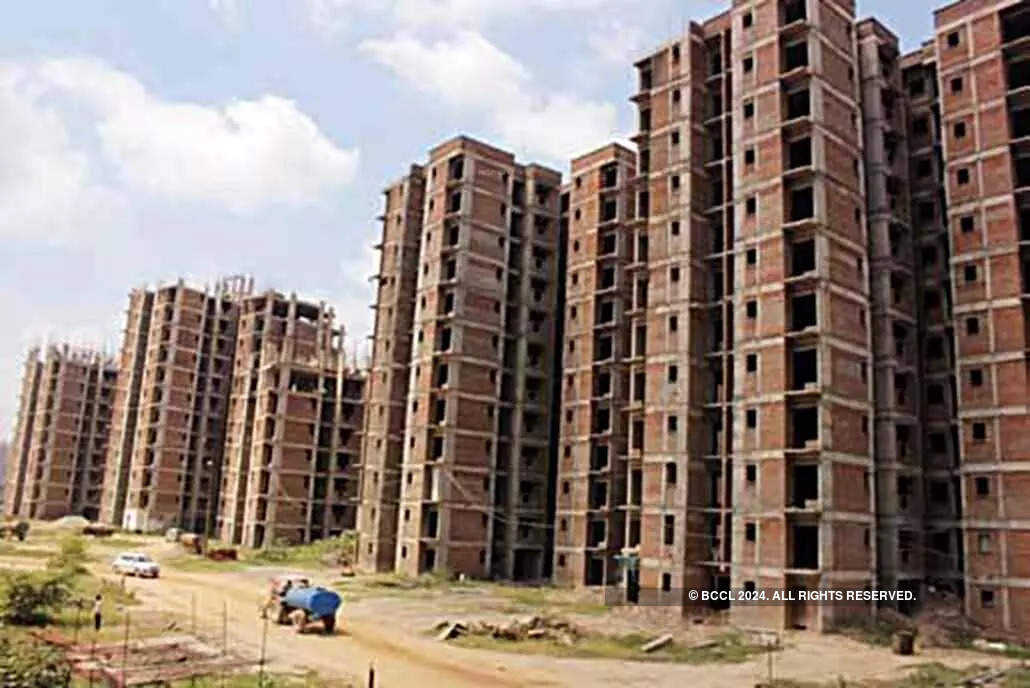
Noida authority has given approval to two projects under the Uttar Pradesh government’s co-development policy to revive stalled projects.
The authority has allowed Nimbus Projects to take over Sunworld Residency project in sector 168 and Theme County to take over another project in sector 115, which will help about 1,000 homebuyers.
The first project under the policy is being carried out by realty developer Hawelia Group, who has taken over a 22-acre partially delivered project Shree Radha Sky Garden in Greater Noida.
“As part of the proposal, the new developer will have to clear dues of the authority and arrange funds for the construction of sold and unsold parts of the building. Both the projects are net worth positive and homebuyers will benefit with the new developer ready to infuse funds and complete the project,” said a Noida authority official.
According to the Confederation of Real Estate Developers’ Associations of India (CREDAI) 190,000 units worth Rs 1 lakh crore are stuck in Noida, Greater Noida and Ghaziabad. In Greater Noida region alone, at least 36 real estate projects are facing insolvency proceedings.
The new developer will have to settle RERA cases filed by the buyers.
It is estimated that Rs 40,000 crore is due to the Noida, Greater Noida, and Yamuna Expressway authorities, including premium, interest, and penal interest against allotted plots on which real estate projects are in different stages of execution.
So far, other builders have undertaken projects only under contractual or debt management models without taking any financial, legal and authority liabilities and responsibility on them.
The legacy stalled projects have been majorly identified in the Noida and Greater Noida region in the last about 7-10 years.
Till now, the fate of such projects has only been addressed either at NCLT, under Section-8 of RERA Act, 2016 or at some other legal remedial platforms.
Under the co-development policy, the new developer could raise debt for financial closure of such projects on its net worth and credit ratings. The earlier promoters were already under default and do not have the required credit ratings to raise debt for completion of such stalled projects.


